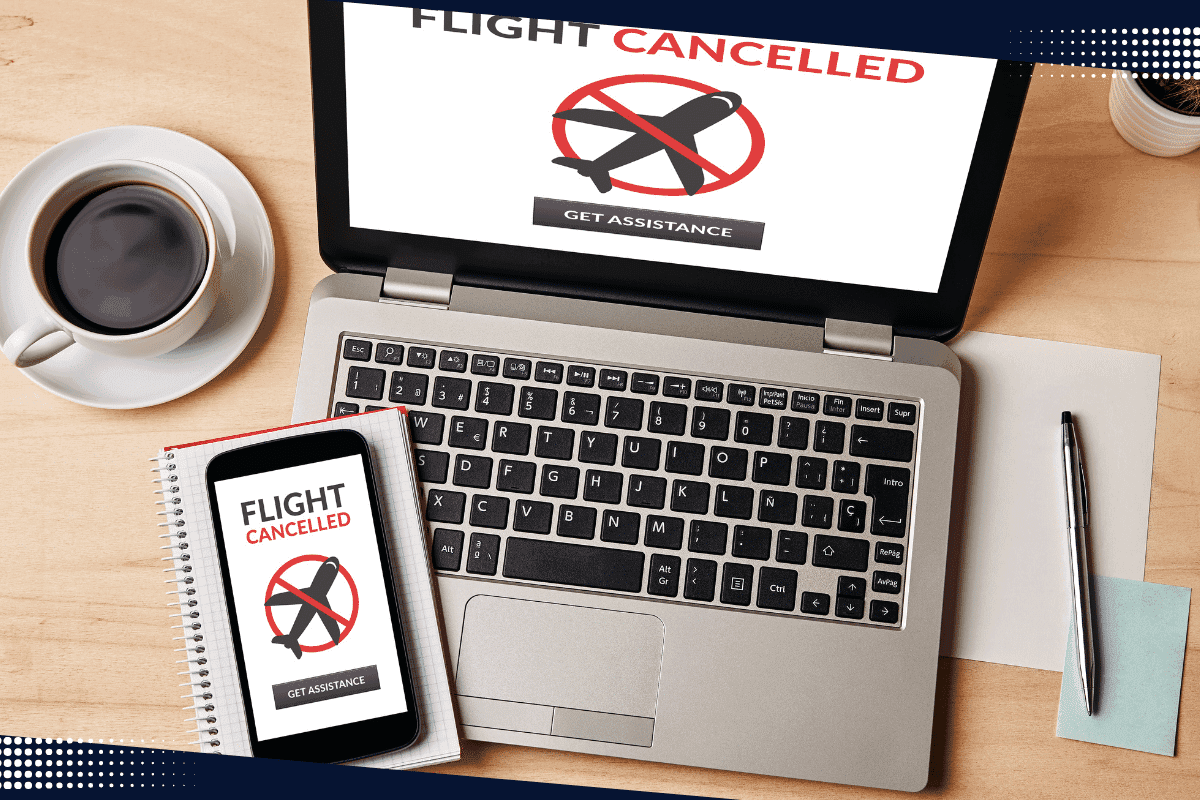Tips For Before, During And After A Trip
To avoid the stress of lost devices, stolen data or a security breach that could ruin your holiday trip, make cybersecurity a priority by taking a few simple steps:Before Your Trip
- Software updates often include patches for security vulnerabilities.
- If your laptop containing vital client presentations is stolen, a cloud-based or other secure backup will allow you to get your data back without significant disruption.
- Utilizing multifactor authentication (MFA) adds an extra layer of security by requiring more than just a password to access accounts. This makes it much harder for hackers to gain access, even if they have your password.
- Ensure all devices are password-protected and encrypted. Encryption scrambles your data, making it unreadable to unauthorized users.
- If you don’t need certain files or applications while on the road, temporarily remove access. This reduces the risk of compromised sensitive information if your device is stolen or hacked.
Safe Practices While Traveling
- If you must connect for business purposes, use a virtual private network (VPN) to encrypt your Internet traffic. Avoid public wi-fi if possible – it’s an open space for cybersecurity issues. A VPN connection acts as a secure tunnel between your device and the Internet, protecting your data from prying eyes.
- Public USB charging stations can be compromised by attackers looking to steal data or install malware on your device — a practice known as “juice jacking.” Plug your charger into an electrical outlet or use a USB data blocker, which prevents data transfer.
- Always keep your devices with you or securely locked away or in eye sight. If you must leave your laptop in your hotel room, use a physical lock to store it. Never leave your devices unattended or in the hands of someone you don’t know.
- Turn off Bluetooth when not using it, especially in public places. Hackers can exploit open Bluetooth connections to gain access to your devices.
- Phishing, business e-mail compromise and online shopping scams are common during the holiday season. Always verify the authenticity of e-mails, especially those requesting sensitive information or urgent action. And, when shopping online, shop smart and safe!
Returning Home: Post-Travel Security Check
Computer security doesn’t stop once you get home. Sometimes, if you have been hacked, you may not know it until you return home. Once you’re back home, review your accounts and look for unusual logins or transactions you didn’t initiate. If you accessed sensitive information while traveling, it’s a good idea to change your passwords when you get home. This ensures that any potential compromises during your trip don’t lead to long-term issues.Do You Have A Company-Wide Travel Policy?
To further protect your business, consider implementing a company-wide travel cybersecurity policy. According to World Travel Protection, only about 30% of companies require employees to follow basic cyber security measures while traveling. This leaves a SIGNIFICANT gap in protection, potentially opening up entire organizations to serious risks. A good cybersecurity travel policy should outline the expectations and procedures for employees traveling on business or working remotely. Key elements to include are:- Guidelines for using public networks (remember, VPN is more secure!)
- Reporting lost or stolen devices
- Responding to potential security incidents
Ready For A Partner In Technology?
Fortifi Cyber Security can help to handle your IT security and help your organization protect itself against cyber threats with world-class, highly-affordable security services anytime, not just the holidays. Call today at 888-500-9111 or sign up for a free vulnerability test.
If you’re ready to hand off your IT to a reliable team of experts, our sibling company, Atlantic Technology Services is ready to manage your network so you can focus on growing your business. Schedule a consultation to see what your next steps could look like. To book a consultation, call 410-860-9899 or click here to schedule a meeting.


